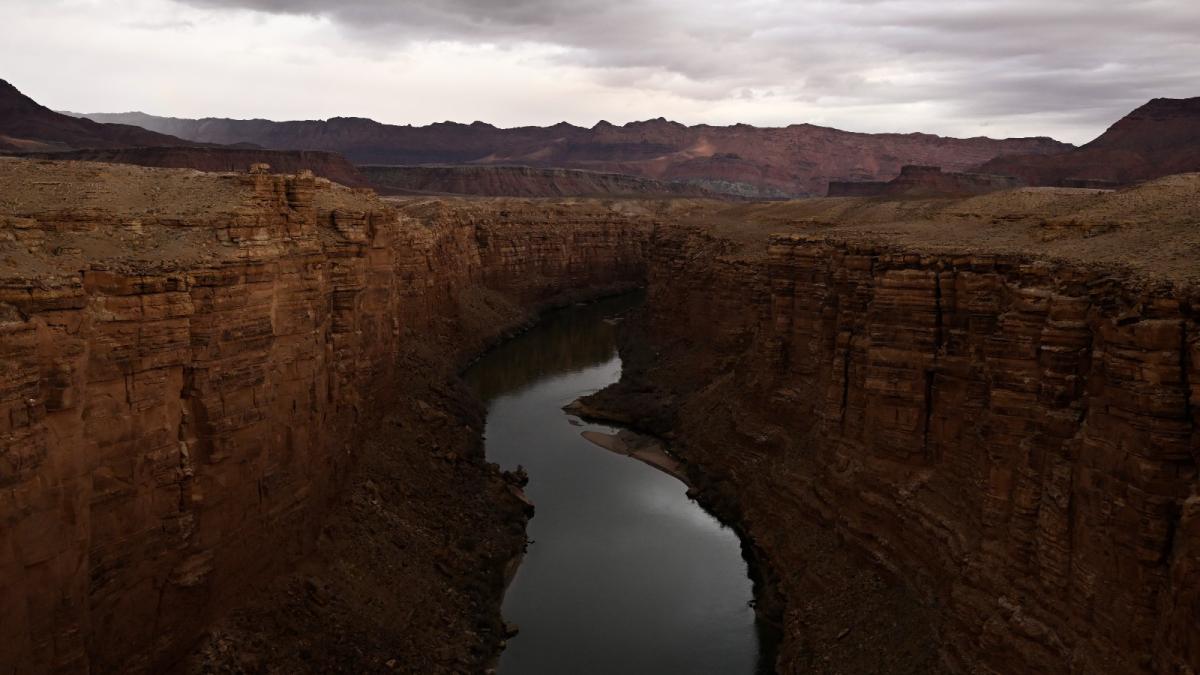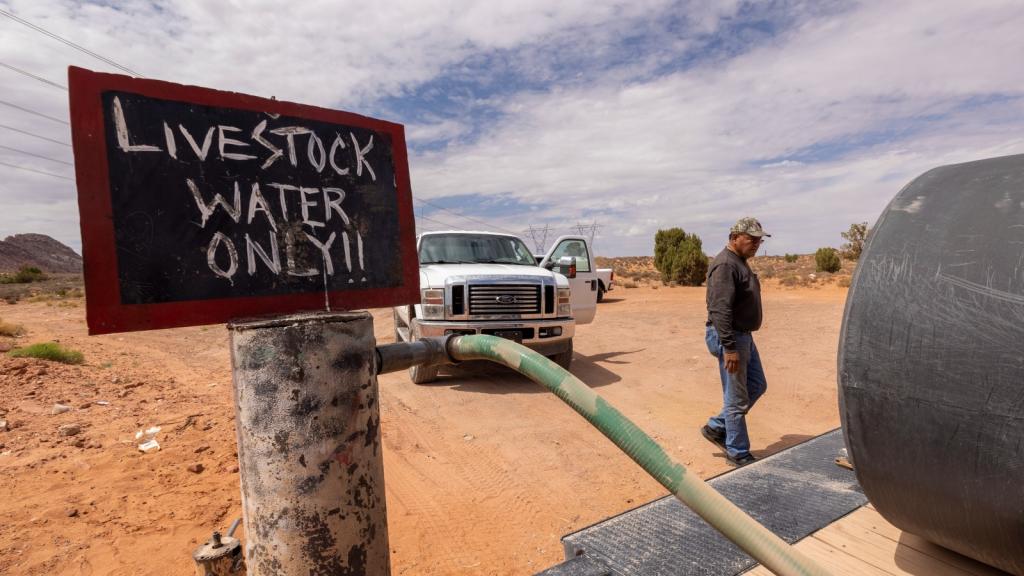This story was originally published by ProPublica, a nonprofit newsroom that investigates abuses of power. Sign up for Dispatches, a newsletter that spotlights wrongdoing around the country.
In the 1950s, after quarreling for decades over the Colorado River, Arizona and California turned to the U.S. Supreme Court for a final resolution on the water that both states sought to sustain their postwar booms.
The case, Arizona v. California, also offered Native American tribes a rare opportunity to claim their share of the river. But they were forced to rely on the U.S. Department of Justice for legal representation.
A lawyer named T.F. Neighbors, who was special assistant to the U.S. attorney general, foresaw the likely outcome if the federal government failed to assert tribes’ claims to the river: States would consume the water and block tribes from ever acquiring their full share.
In 1953, as Neighbors helped prepare the department’s legal strategy, he wrote in a memo to the assi... Read more

